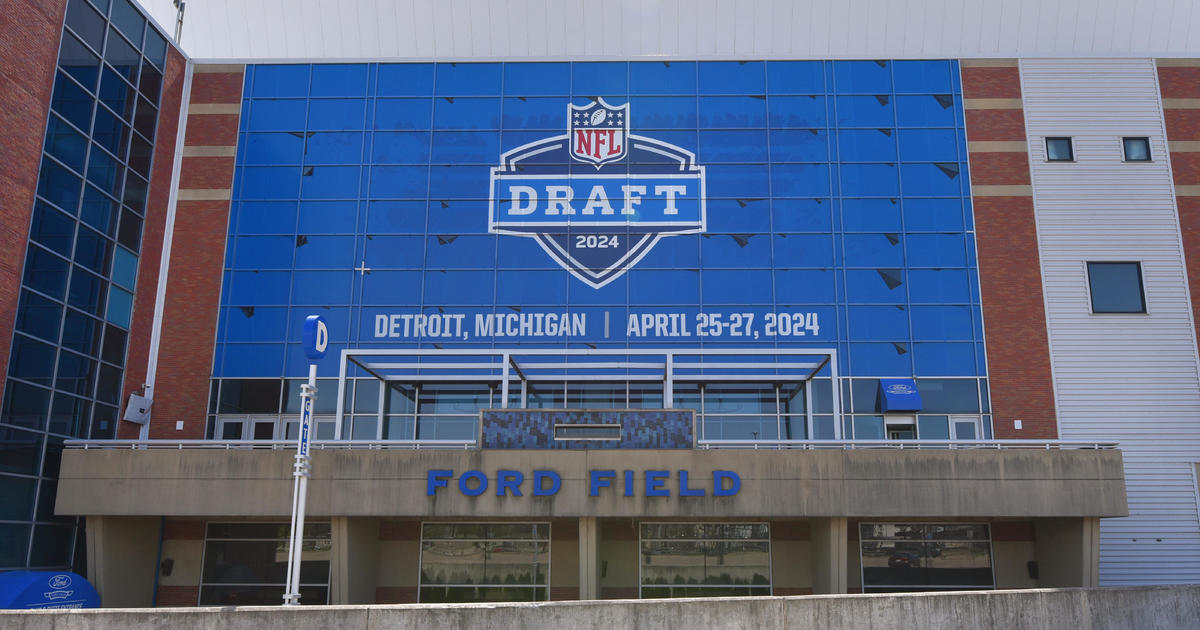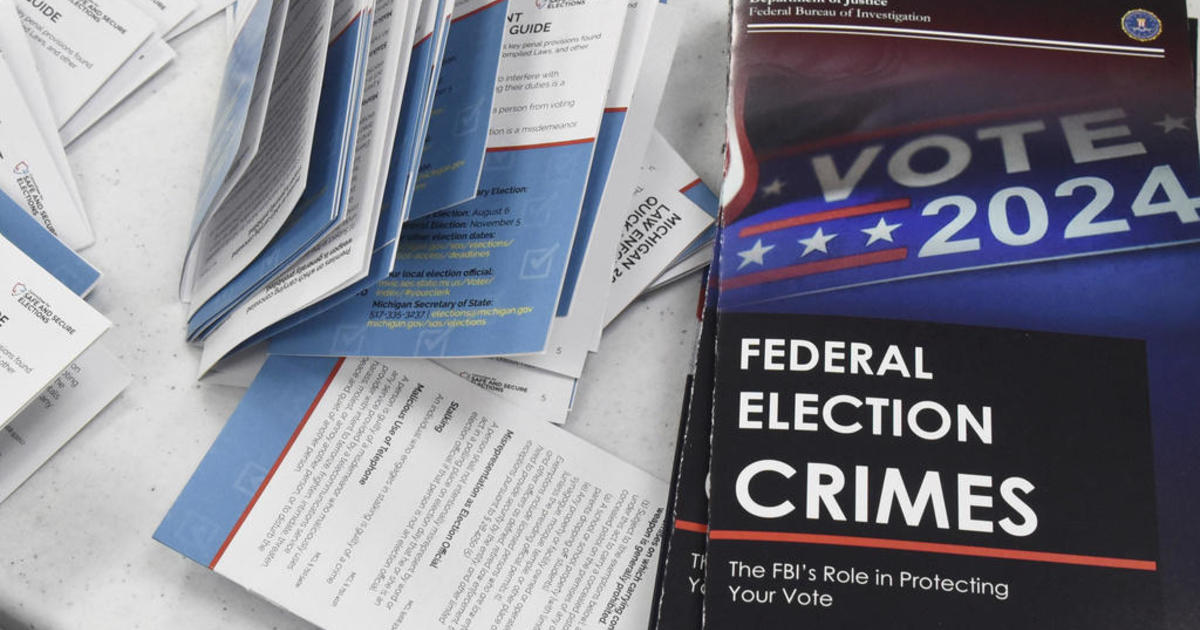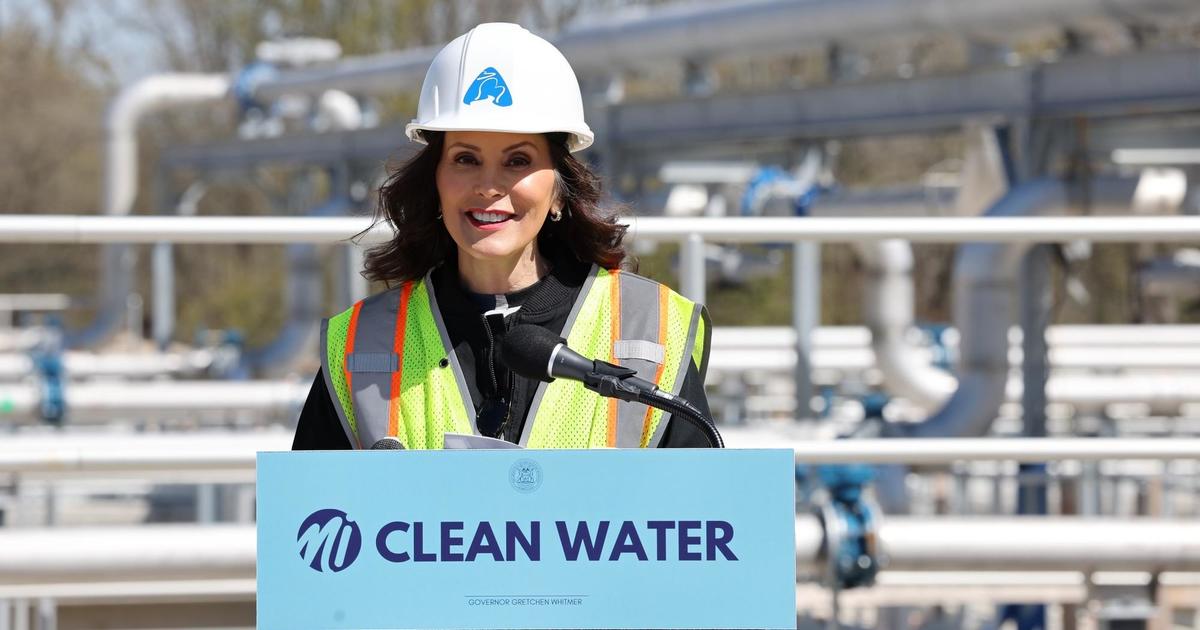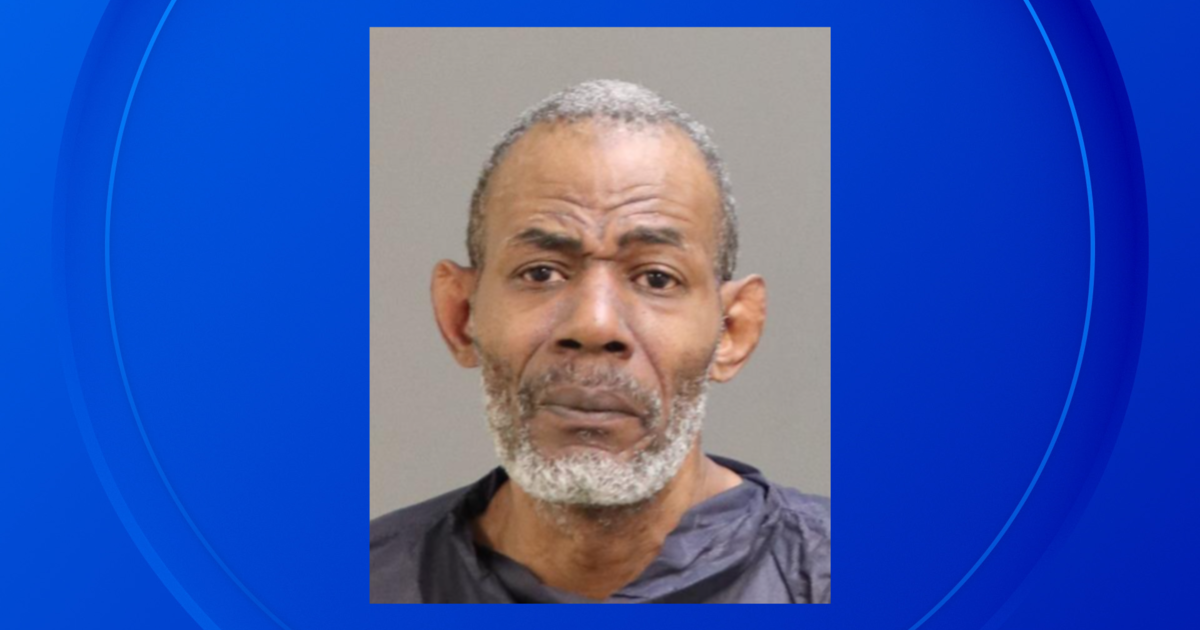Langton: Sperm Donor May Have To Pay Child Support
DETROIT (AP/CBS Detroit) A Kansas man who signed away any parental rights when he donated sperm to a Topeka couple is now being pursued by the state for child support after the mother received financial assistance for the baby.
A lawyer for William Marotta argues that the state's effort to have Marotta declared the baby's father runs contrary to a 2007 Kansas Supreme Court ruling on sperm donors, The Topeka Capital-Journal reported.
A hearing on Marotta's motion to dismiss the case is scheduled Jan. 8 in Shawnee County District Court.
Does the sperm donor have any legal rights, or will he have to pay up?
WWJ Legal Analyst Charlie Langton said Kansas does not recognize same-sex marriage so when one of the partners files for benefits, the state will normally go after the father.
"Kansas law does not normally mandate that the sperm donor has to pay child support, but here's the catch: If the artificial insemination was done by a licensed physician -- In this case it wasn't done -- so now because this was done kind of haphazardly, the court may order the donor to pay child support," Langton said.
Marotta, a Topeka mechanic who has taken in foster children with his wife, answered a Craigslist ad in 2009 from a lesbian couple seeking a sperm donor.
The women who placed the ad, Angela Bauer and Jennifer Schreiner, described themselves in an email to Marotta as "financially stable lesbian couple," with Bauer working outside the home and Schreiner being a stay-at-home mom with their other children.
"We are foster and adoptive parents and now we desire to share a pregnancy and birth together," Bauer wrote.
Marotta, Bauer and Schreiner signed an agreement saying Marotta would be paid $50 per semen donation, with the arrangement including a clear understanding that he would have no parental rights whatsoever with the child or children.
The agreement also called for Bauer and Schreiner to hold Marotta harmless "for any child support payments demanded of him by any other person or entity, public or private, including any district attorney's office or other state or county agency, regardless of the circumstances or said demand."
Marotta's attorney, Hannah Schroller, said her client consulted with his wife and decided to donate free of charge rather than taking the $50. In the years since Schreiner gave birth to a daughter through artificial insemination, Marotta received periodic email updates on the child but hasn't had much contact with the couple, Schroller said.
On Oct. 3, attorney Mark McMillan filed a petition on behalf of the Department of Children and Families seeking a ruling that Marotta is the father of Schreiner's child and owes a duty to support her. It said the department provided cash assistance totaling $189 for the girl for July through September 2012, and had paid medical expenses totaling nearly $6,000.
Schroller said the state became involved after Schreiner fell on hard times and applied for financial assistance through the state.
"My understanding is that after being pressed on paternity of the child, she gave them William's name as a sperm donor. The state then filed this suit to determine paternity," Schroller said.
McMillan responded in a motion filed Nov. 1 that the agreement between Marotta, Bauer and Schreiner was moot because it didn't meet the primary requirement of a state law that Schreiner have a licensed physician perform the artificial insemination.
Marotta signed an affidavit in September saying he had no reason to believe a medical professional wouldn't carry out the artificial insemination using the semen specimen he provided.
Schroller argued that the case was consistent with a 2007 case in which the Kansas Supreme Court denied parental rights to a man who sought them after providing a sperm donation under similar circumstances. A licensed physician performed the insemination in the 2007 case.
Still, Schroller wrote that Marotta took the same actions as the man in the 2007 case did, and he — like that man — should be considered a sperm donor, not a father.
She stressed that sperm banks regularly ship sperm donations for the intended purpose of artificial insemination within the United States and abroad to both residential and medical facility addresses.
Schroller argued in court documents that if a donor is free of parental responsibility only when a doctor performs an insemination, "then any woman in Kansas could have sperm donations shipped to her house, inseminate herself without a licensed physician and seek out the donor for financial support because her actions made him a father, not a sperm donor. This goes against the very purpose of the statute to protect sperm donors as well as birth mothers."
Angela de Rocha, spokeswoman for the Department for Children and Families, said Friday that Kansas law prevented her from commenting on the case.
(TM and © Copyright 2013 CBS Radio Inc. and its relevant subsidiaries. CBS RADIO and EYE Logo TM and Copyright 2013 CBS Broadcasting Inc. Used under license. All Rights Reserved. This material may not be published, broadcast, rewritten, or redistributed. The Associated Press contributed to this report.)



